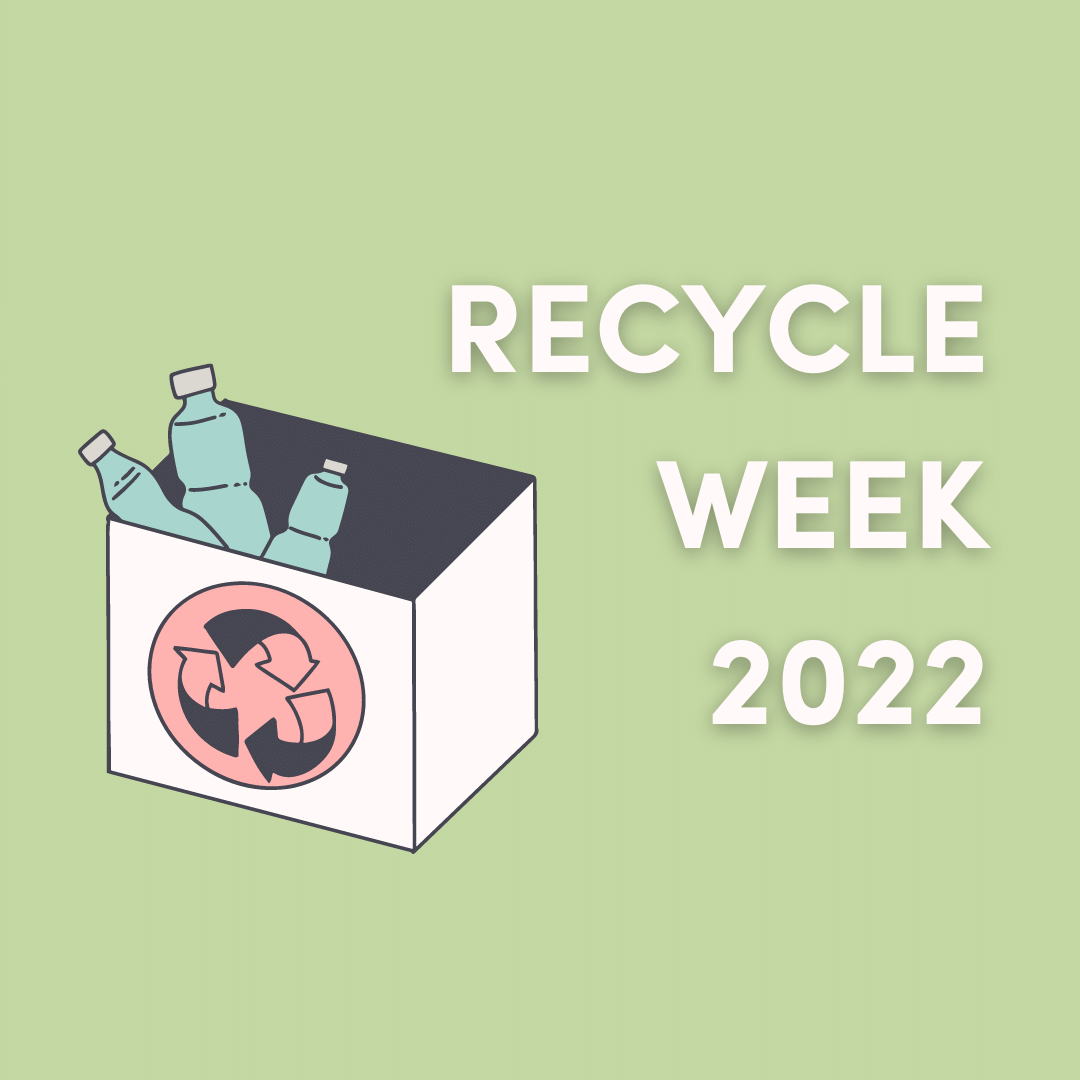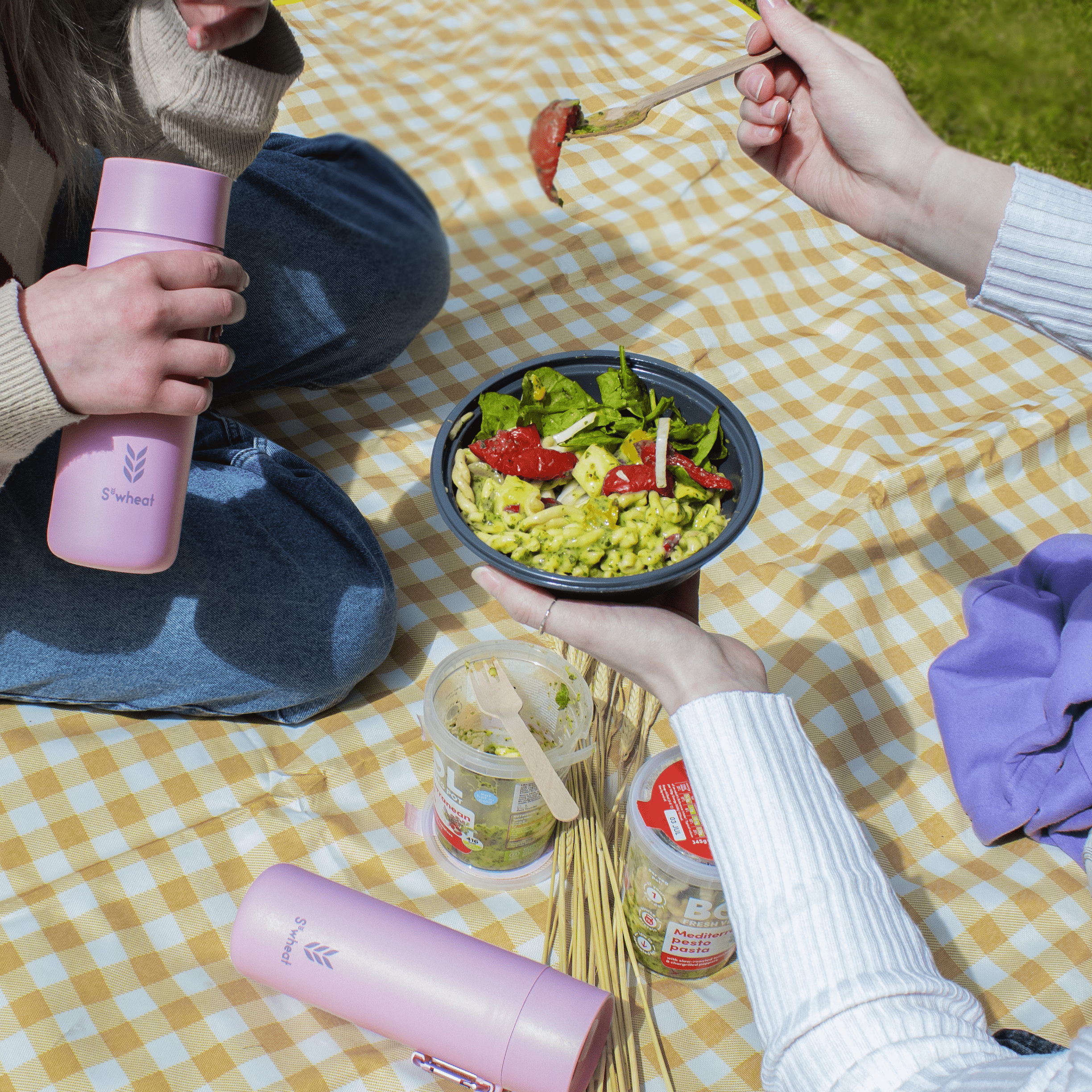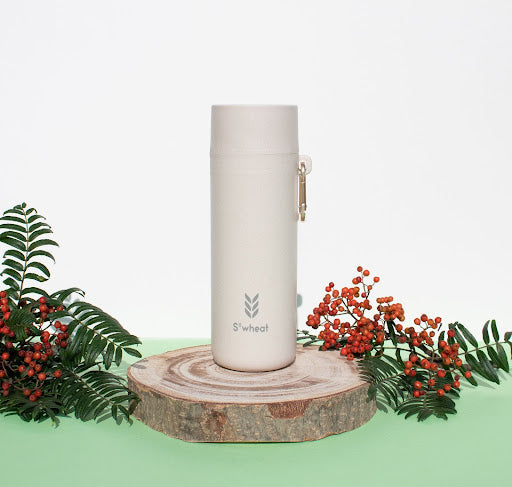This year’s Recycle Week takes place from 17th to 13rd October. The theme is “Let’s Get Real About Recycling”, which aims to focus on recycling misconceptions, particularly around recycling contamination. In fact, 85% of those who recycle are contaminating their home recycling with mixed materials such as plastic film lids.
5% of adults in the UK have admitted to never recycling, but this is slowly but surely improving due to initiatives like Recycle Week. Last year, the theme was “Step It Up” which focused on recycling’s role in climate change, and since then, 82% of those who witnessed these Recycle Week initiatives have reported changing their behaviours for the better. In the UK, recycling saves a total of 18 million tonnes of carbon each year - that’s equivalent to 12 million cars being taken off the road!
Unsurprisingly, the most recycled material in the UK is paper as it’s very clear where and how to recycle it. Coming in second is metal, with 71% being recycled, aluminium being most common. Metal, despite being highly energy intensive to manufacture, is a brilliant resource when recycled properly, as it is infinitely recyclable and and after being used it can be back on the shelves as a new product within just 6 weeks if disposed of correctly.
However, it has been found that 76% of people in the UK do not properly understand the symbols on recycling labels. This can be a huge issue as materials in the incorrect recycling bin can completely destroy the process and render entire loads of waste unrecyclable.
Symbols such as these are the most simple to understand, as they will state whether a product is recyclable and how to recycle it e.g. flatten, cap on, remove sleeve. However, many of the symbols are far more ambiguous.
Due to the fact that so many people are misinformed about the meaning of recycling symbols, it is easier than ever for brands to greenwash their products, meaning that they use misleading advertising to falsely market their products as recycled, biodegradable, and generally sustainable by choosing unclear symbols on the label that are technically accurate.
If you’re unsure about how to dispose of packaging or other items, check here. Otherwise, have a look at these common recycling symbols you will find on labels:
Plastic can be pretty confusing as there are 7 different categories and not all are recyclable. These arrows with a number in the middle indicate how to dispose of the material, but what do they all mean?
1 - PET: Widely recycled
2 - HDPE: Widely recycled
3 - PVC: Not easily recyclable
4 - LDPE: Recycle at specialist points
5 - PP: Widely recycled
6 - PS: Not easily recyclable
7 - Other: Recycle at specialist points
Glass is widely recycled, however when taken to recycling banks, these must be separated by colour.
Paper, card, and wood are of course, widely recycled, which is demonstrated with the Forest Stewardship Council (FSC) logo.
Recyclable aluminium is shown with this label, and is pretty straightforward to recycle.
Waste electrical and electronic equipment, such as anything with a plug or uses batteries, will feature this symbol as they cannot be thrown away. Some local authorities may allow these to be recycled from home but generally these must be taken to a special recycling centre.
The Mobius loop is a little known name for these familiar arrows that indicate a material is technically recyclable. However, it does not necessarily mean your local authority will accept it for recycling. Sometimes, it is paired beside a percentage to demonstrate the percentage of recycled material that has gone into it.
The green dot signifies that the producer has made financial contributions to packaging recycling schemes in Europe, but doesn’t mean it is always recycled or recyclable.
Tidyman, a symbol from Keep Britain Tidy, is simply a reminder to the consumer not to litter and to ensure the waste is disposed of properly.
Compostable packaging or compostable “plastic” cannot be recycled with other plastics since they are actually what is known as a bioplastic: a material made from natural materials such as plant by-products which acts as a plastic but will biodegrade. These can be disposed of in a garden waste bin, a home compost heap or a food waste caddy.
Home compostable packaging may feature either the ‘seedling’ symbol or something similar to this, stating it is safe to compost at home or in a garden waste bin.
At S’wheat, we’re a big fan of the use of bioplastics in the mission to disrupt the current single-use plastic industry. Bioplastics are made from natural by-products commonly including corn starch, sugar cane, and rice husks. We use a combination of wheat straw and bamboo fibre as these make use of otherwise wasted by-products, provide additional income to farmers, prevent extra emissions, and are infinitely renewable. Not only are these plants incredibly resilient to weather changes, they are naturally resistant to infection so require no chemical fertilisers or pesticides, and provide our bottle with eco insulation.
S’wheat is a carbon negative certified social enterprise, so our main goal is to help larger brands to reach their CSR goals by offsetting emissions and minimising plastic waste in the workplace. This is why we offer high quality laser engraving for our corporate branding, so you can have your company logo perfectly etched onto S’wheat bottles to create the most sustainable branded promotional merchandise yet. We’re even offering a bundle deal with the all-new S’wheat lunchbox - perfect for client or employee gifting this Christmas.
Furthermore, we can help you create your own product with our plant-based material! To enquire about co-branding or custom plant-based manufacturing, enquire at hello@swheatbottle.com or use the enquiry contact form.
✓ Hassle-free, simple process to produce your exciting products.
✓ Cost-effective and efficient production.
✓ Reduced expenses and waste.
✓ More time to focus on your customers, market and goals.
✓ Competitive edge over traditional materials and brands.
✓ Showcase your eco-credentials.
✓ Produce unique plant-based products that are not available anywhere else.





Leave a comment
All comments are moderated before being published.
This site is protected by hCaptcha and the hCaptcha Privacy Policy and Terms of Service apply.